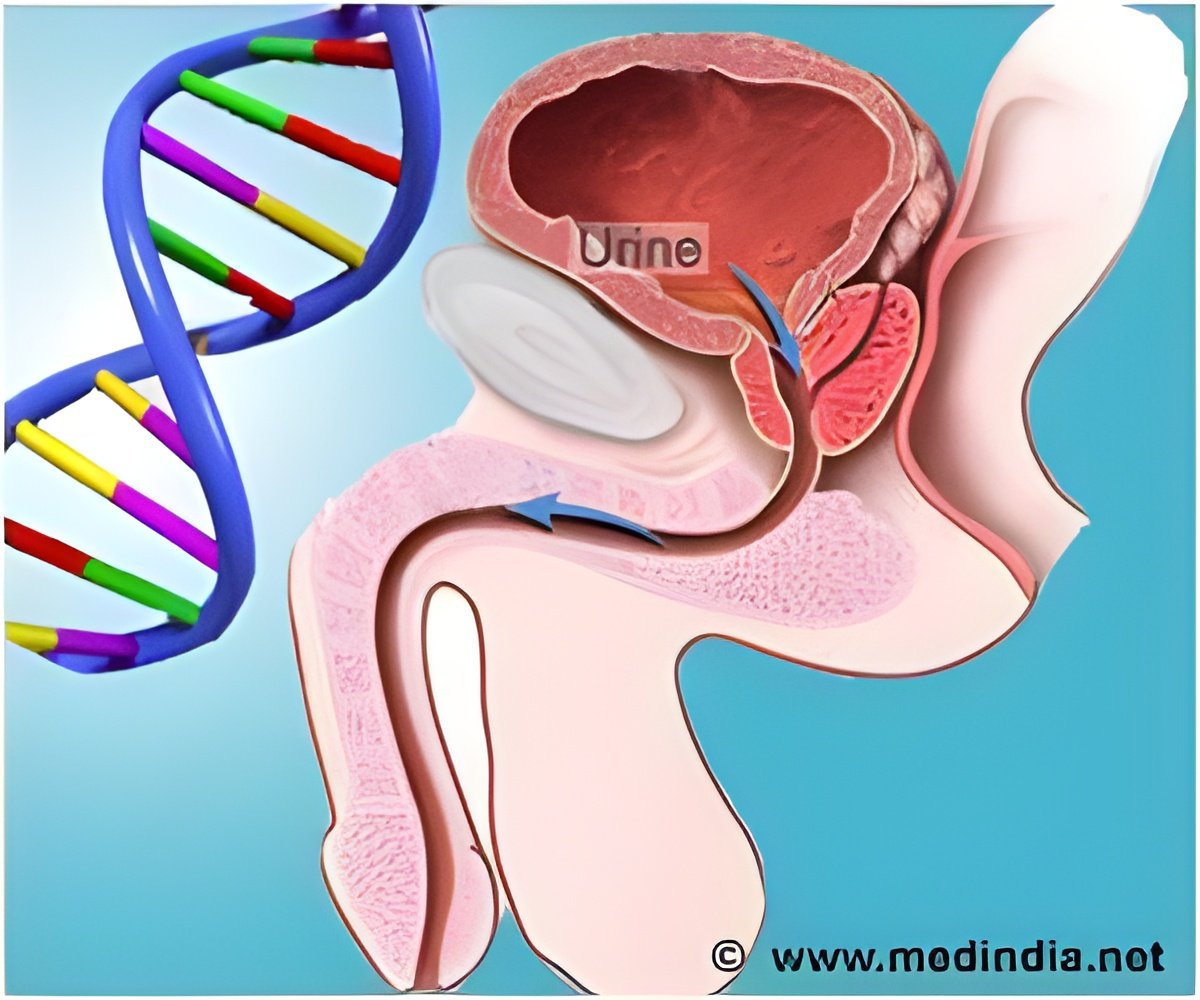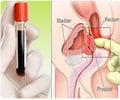Researchers at by Cincinnati Cancer Center have found that using an anti-estrogen drug to activate a tumor suppressive microRNA can help.

"MicroRNAs, or miRNAs, are short RNA molecules that play a prominent role in regulating gene expression. One miRNA can target multiple genes, but their expression is often hijacked by cancer cells and disrupts multiple cancer-causing or tumor-suppressing pathways," says Shuk-Mei Ho, PhD, director of the CCC and Jacob G. Schmidlapp Chair of Environmental Health and professor at the University of Cincinnati (UC) College of Medicine.
She along with Ricky Y.K. Leung, PhD, member of the CCC, assistant research professor in the department of environmental health and member of the UC Cancer Institute, and their team identified a new miRNA, known as hsa-miR-765, which is specifically activated by a Food and Drug Administration (FDA)-approved anti-estrogen drug (fulvestrant).
"This miRNA suppresses expression of HMGA1, a gene that was shown in previous studies to be associated with prostate cancer progression and recurrence," says Leung. "These findings do not only contribute to new insights on the effects of anti-estrogen but also the potential of using miRNA for monitoring drug efficacy and for future RNA-based therapy developments.
"This study also highlights the potential use of this anti-estrogen or miRNA in patients with recurrent prostate cancer, for whom there is no treatment, and raises the possibility of using anti-estrogen or miRNA treatments in preventing or slowing progression for primary prostate cancer."
Using cultured prostate cancer specimens from patients who were given a single 250 mg dose of fulvestrant, researchers found that hsa-miR-765 acted as a tumor suppressor when its expression was increased by the use of fulvestrant.
"These findings reveal a unique fulvestrant signaling process involving the increased regulation of hsa-miR-765 that suppresses the HMGA1 protein as part of the mechanism underlying the tumor suppressor action in prostate cancer. This could lead to newer treatment options with less toxicity for these patients."
Source-Eurekalert
 MEDINDIA
MEDINDIA


![Prostate Specific Antigen [PSA] & Prostate Cancer Diagnosis Prostate Specific Antigen [PSA] & Prostate Cancer Diagnosis](https://images.medindia.net/patientinfo/120_100/prostate-specific-antigen.jpg)
 Email
Email










